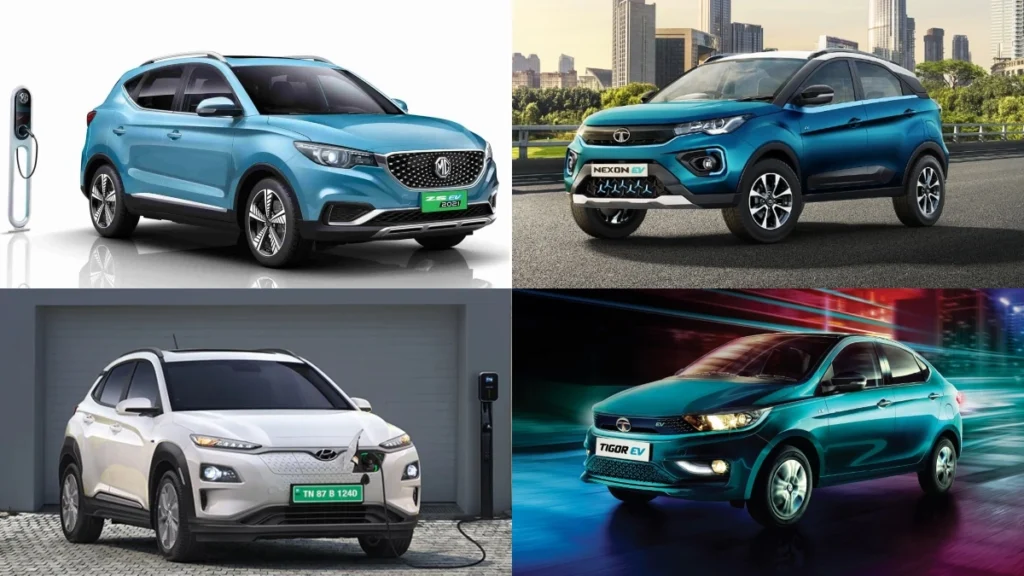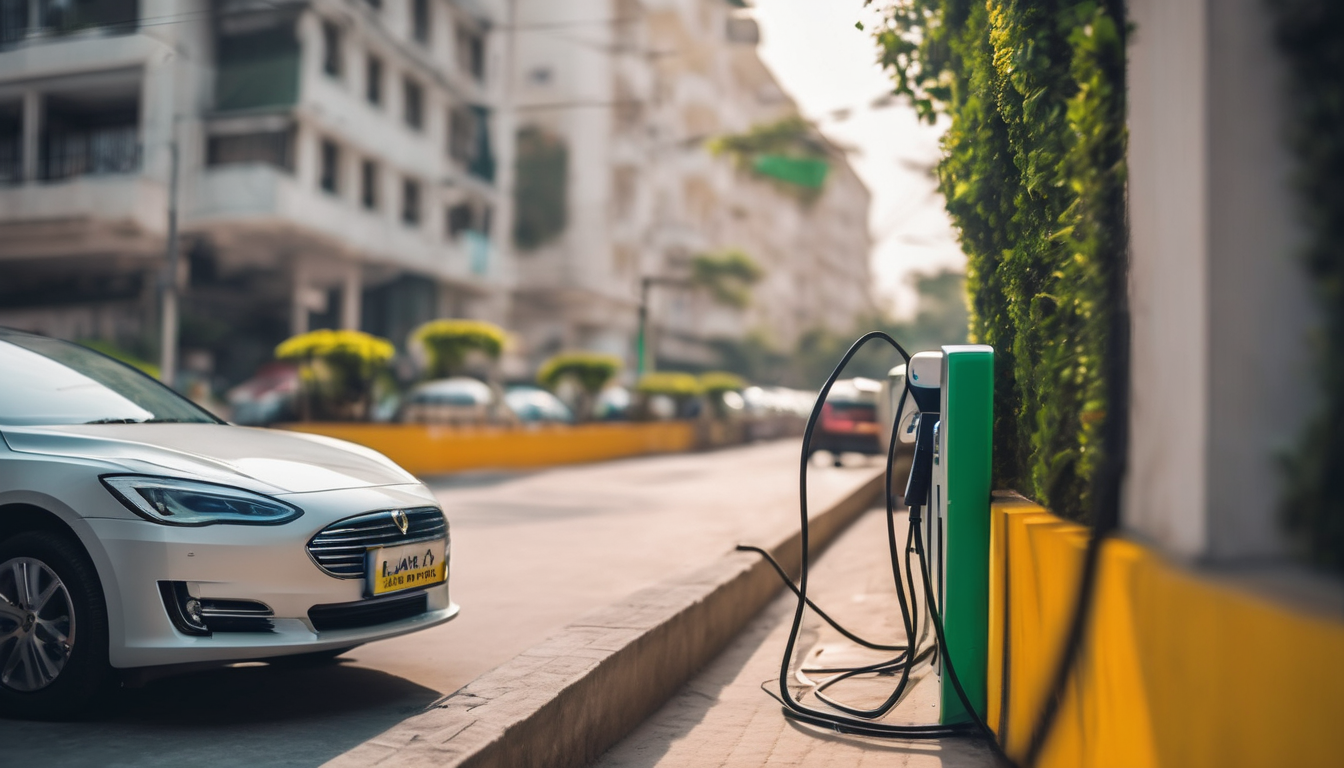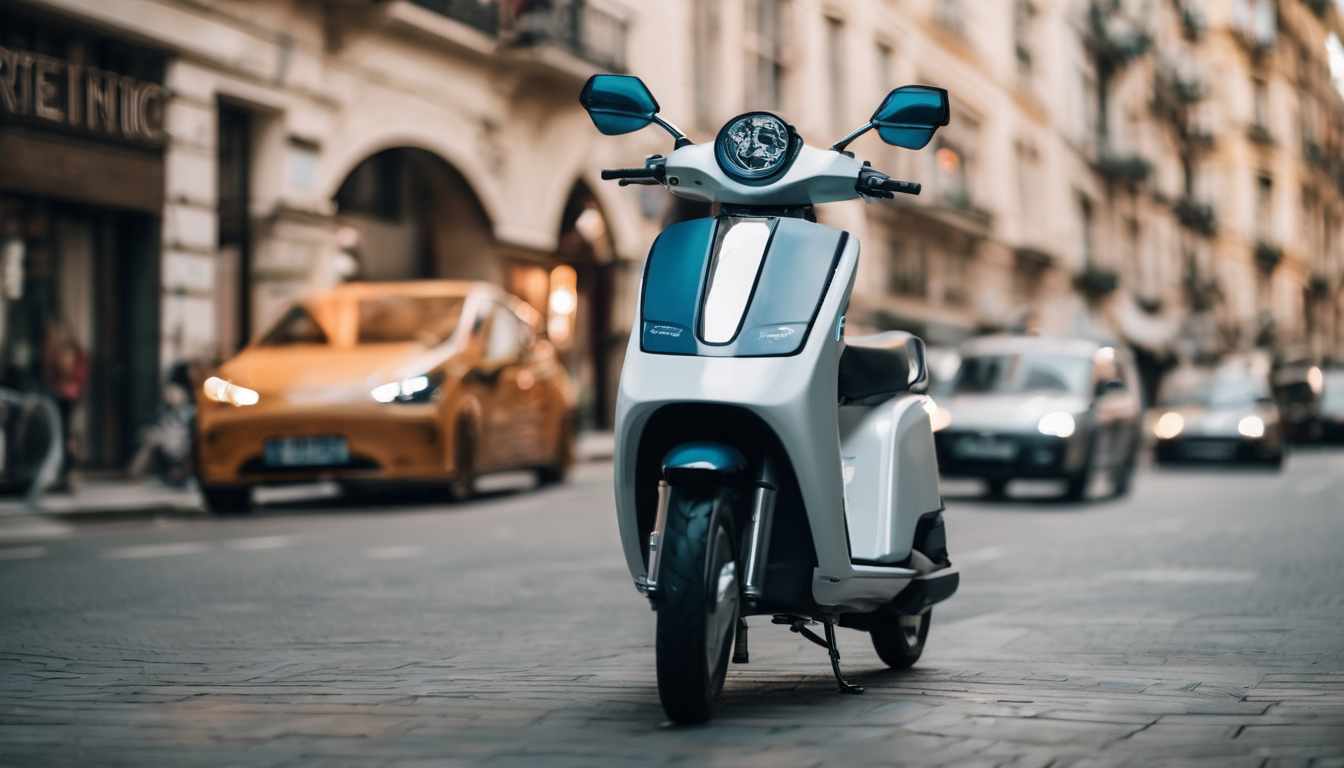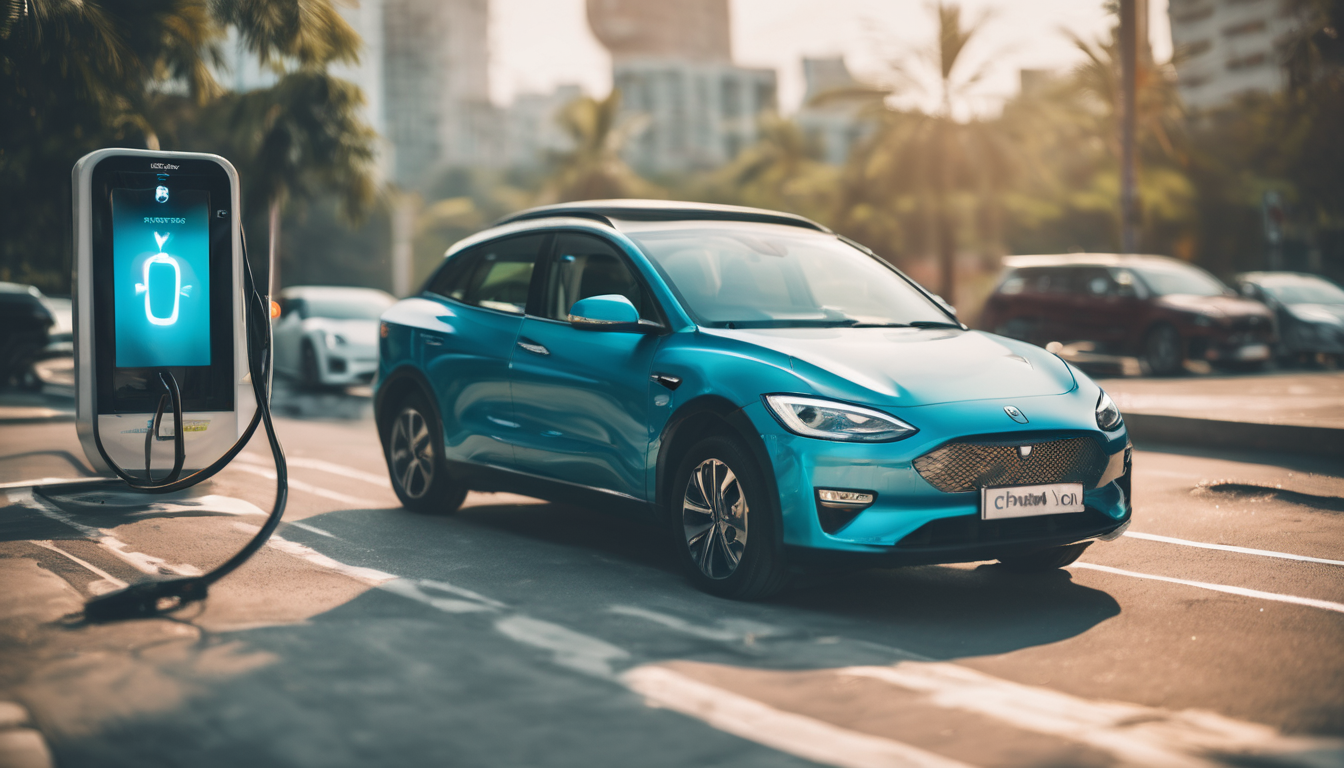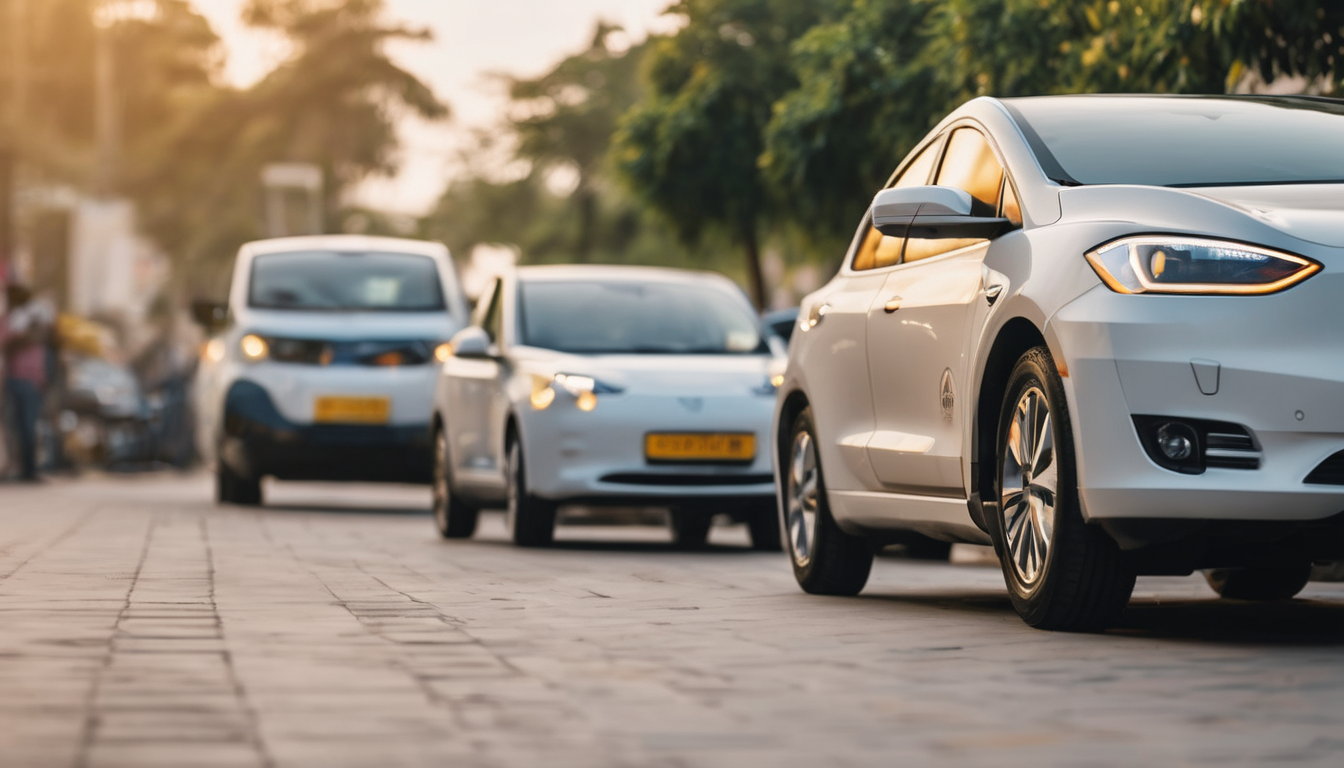Electric vehicles (EVs) are quickly becoming a mainstream mode of transportation as the world shifts towards more sustainable practices. In recent years, the EV industry has seen significant advancements and developments, making electric cars more accessible, practical, and popular.
- Increase in EV sales: The global demand for EVs is on the rise, with sales reaching a record high in 2020. According to the International Energy Agency, over 3 million electric vehicles were sold worldwide in 2020, a 41% increase compared to 2019. This trend is expected to continue in 2021 and beyond, with more automakers releasing new models and governments incentivizing EV purchases.
- New EV models: Several major automakers have recently launched new EV models, or have announced plans to do so in the near future. For example, Mercedes-Benz has unveiled its first all-electric luxury sedan, the EQS, which is set to hit the market later this year. Other automakers, such as Audi, BMW, and Ford, have also announced plans to launch new EV models in the coming years.
- Government incentives: Governments around the world are providing incentives to encourage the adoption of electric vehicles. In the US, for instance, the recent $7.5 billion bill passed by the government includes funding for EV charging infrastructure and incentives for EV purchases. Similarly, the UK government has announced a ban on the sale of new gasoline and diesel vehicles by 2030, and has introduced incentives for EV purchases.
- Battery technology advancements: The development of better battery technology is one of the most significant challenges facing the EV industry. Recent advancements in battery technology have led to the development of longer-range batteries that can be charged more quickly. This has made EVs more practical for everyday use and has helped to increase their popularity. Companies such as Tesla, Panasonic, and LG Chem are all working to improve battery technology and make EVs more efficient and affordable.
- Charging infrastructure expansion: The availability of charging infrastructure is a crucial factor in the adoption of electric vehicles. Governments and private companies are investing in the expansion of charging infrastructure to make it more accessible for EV owners. The European Union, for example, recently announced plans to install 1 million public charging points by 2025, which will make it easier for drivers to recharge their EVs on long journeys.
As more people become aware of the benefits of EVs, such as reduced emissions and lower operating costs, the demand for electric cars is likely to continue to grow in the coming years.


